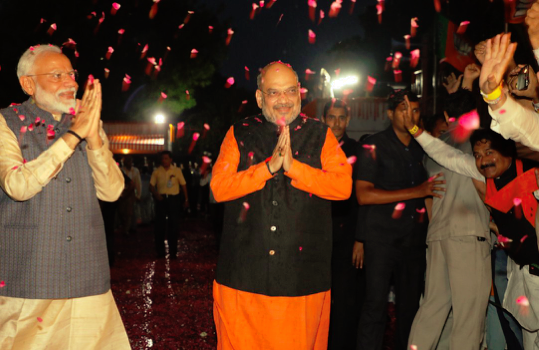
Counterpoint: How affected is BJP by adverse opinion polls in HP and Gujarat?
![]() By Vivekanand Jha*
By Vivekanand Jha*
The opinion polls are painting a glum picture of the Bharatiya Janata Party in impending elections in Himachal Pradesh and Gujarat. Of course, the party cannot take them lightly. In Himachal Pradesh, the BJP is even speculated to lose. Unequivocally, Prime Minister’s calling a rebel candidate, Kripal Parmar to withdraw his nomination, and the latter’s budging from doing so further exposes BJP’s current dilemma: its over-dependence on its one-man show –Narendra Modi, with Amit Shah loyally standing by Modi’s side.
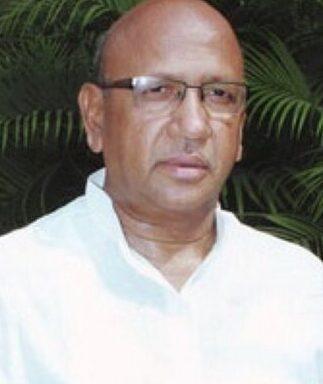
Many may argue that it is Shah who is the Chanakya and calls the shots within the party. If insiders are to be believed, Shah’s overwhelming grip over the party and the governance was all the more visible in 2019 when he single-handedly put his foot down to deny the ticket to Saryu Roy from Jamshedpur West, even though Prime Minister and former BJP president Rajnath Singh were willing to grant him the nomination from West Jamshedpur. The result was disastrous for the BJP: The party ignominiously lost not only Jamshedpur East, where the then sitting chief minister, Raghubar Das contested from and got defeated by the rebel Roy who contested as an Independent, but BJP got uprooted from Jharkhand.
Significantly, there is no dearth of rebels today, if Himachal Pradesh is considered as an example, more than 25 rebel candidates are contesting to jeopardise the prospect of BJP in the upcoming election in the state.
Willy nilly, Modi- Shah duo, in one way or the other, is seemingly alienating most of the senior leaders who find themselves at the receiving end today. So isn’t the latest comment from Union Minister Nitin Gadkari, praising former Prime Minister Dr Manmohan Singh profusely, while not even referring to Modi, a vindication of the same?
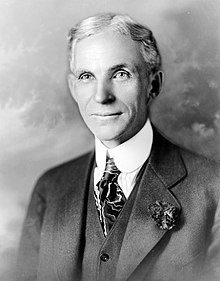
Let us not forget the success story of the General Motor Corporation. Those were the beginning days of the company in the United States of America. Henry Ford, the founder of the company, was going great guns: he and his chose a few lieutenants who were the pivot around whom the entire decision-making of the company revolved. In other words, it was the centralisation of decision-making power. The growth of the company was almost quadrupled. The company was expanding and the centralised decision-making mechanism institutionalised, aided and abetted the growth and expansion of the company at an exponential level. The controlled decision-making mechanism, far from proving to be the hindrance to the growth and expansion of the company, invariably proved to be beneficial. So far, so good.
General Motors Corporation had almost reached its zenith. However, the functioning of the company began languishing; its overall performance began deteriorating, for the decision-making process which was centralised, was the trigger behind this remarkable decline. Yet, Henry Ford II, the grandson of the founder chairman, felt helpless, for his predilection towards decentralisation was sought to be sabotaged by the senior managers who dreaded the loss of authority.

Significantly, Henry Ford II was on the horns of a historic dilemma: his vision to reform the decision-making process, ushering in decentralisation, even though the need of the hour, nonetheless if it was done, it risked valiant resistance from the senior managers who would sabotage the whole process. On the other hand, if the gravity of the issue, nakedly staring at the face of the company, if not immediately attended to, it risked the buoyancy of the company, which had already begun waning, its reversal towards the impending loss was inevitable.
Henry Ford II, trapped between the devil and the deep blue sea, finally hit upon an idea to extricate the company from its rapidly engulfing mess: he explained to the senior managers the inevitability of decentralisation of the process of decision-making, where the delegation of authority was the bitter pill to inject a sense of optimism and hope in the revival of the company or else, the drowning of all the stakeholders of the company was the only reality that they all confronted. This step brought all the senior managers to rally around the Chairman, and the company embraced the delegation of authority as the new norm: The company was brought back on track of profitability.
So what is the linkage between GM and the BJP here?
The opinion polls of Gujarat and Himachal could be a wake-up call for the Modi-Shah duo to reinvigorate the cadre – those who have toiled for the party, helped in building up its base, and stand relegated to the backyard of the party’s memory. But the example of Saryu Roy who built up the foundation of BJP in Bihar and Jharkhand stands sidelined, whereas those who are in the good book of Shah, are thriving today.
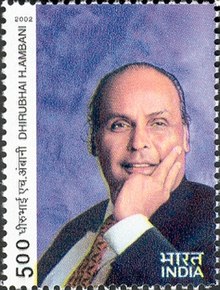
So is the Modi-Shah duo playing into the hands of the three Cs —Chela, Chaaploos and Chamcha, which Dhiru Bhai Ambani had warned his sons to be wary of? Is it true that these three Cs have become the institutionalised norm in the BJP? Is it true that the greater your ability to blow Amit Shah’s trumpet, the better and brighter becomes your position in the BJP?
So has meritocracy, which Modi espoused so eloquently, been reduced to being the rhetoric to be invoked for catching votes? Or by picking up the cue from the opinion polls, will the duo work towards bringing rebels on board? That may sound improbable at this particular juncture when the poll process is on.
Let’s wait till the final Gujarat and Himachal election results come.
*The writer is an author, academician and public intellectual. The views expressed are personal.


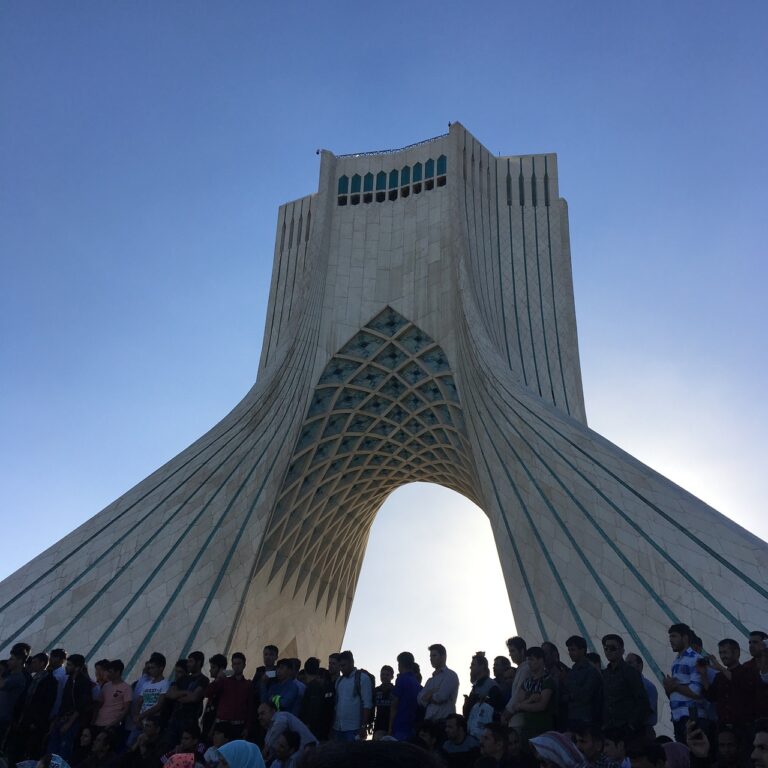



Very thought provoking article! The author has brought in quite realistic analogies!
All said and done, India we Citizens do need the dynamism of PM Modi ji and his Team at the Centre to take India forward for all round progress🙏